- Availability: 2
- Made & Mkt by: Gaatha
- Product Code: 3788-WC23-02
- Weight: 500.00g
- Dimensions: 25.00cm x 13.00cm x 13.00cm
The typical dispatch time is 2-3 days; however, in special cases, it may take longer. Please refer to the product details section for specific timelines. Once dispatched, we will share the tracking details with you.
For returns, you can file a request within 24 hours of receiving the product. If the package is damaged, please make a video while unboxing and share images of the damaged item along with your return request.
9328006304 ( WhatsApp )
 On a casual stroll along the meandering markets of the Pushkar fair, as spectacles of mystery unfold and as strong local flavors swell within the atmosphere of the fair, it is hard to miss the visual delight oozing out of curious little wooden combs, even as you get lost in the euphoria of the festivities around. Natively called Kangsi, the craft of making wooden combs is a few hundred-year-old tradition, that is practiced only by a minority today. The array of wooden combs decorated with intriguing carving, jail work, inlay and gold & silver ornamentation is indeed a treat to the curious eyes. But for Chotamal Banjara it is a way of life. A conversation with the craftsman amidst the pandemonium of the fair gives riveting insights about the history and idea of the wooden comb.
On a casual stroll along the meandering markets of the Pushkar fair, as spectacles of mystery unfold and as strong local flavors swell within the atmosphere of the fair, it is hard to miss the visual delight oozing out of curious little wooden combs, even as you get lost in the euphoria of the festivities around. Natively called Kangsi, the craft of making wooden combs is a few hundred-year-old tradition, that is practiced only by a minority today. The array of wooden combs decorated with intriguing carving, jail work, inlay and gold & silver ornamentation is indeed a treat to the curious eyes. But for Chotamal Banjara it is a way of life. A conversation with the craftsman amidst the pandemonium of the fair gives riveting insights about the history and idea of the wooden comb.  The hair has always been an innate asset for human kind through ages. As texts inKalidasa suggest, men have traditionally maintained longer tresses which they tied using a hair band. The women on the other hand had their long oiled, perfumed and braided hair, decked up with flowers, pearls and gems. Bathed in the fragrance of sandal and aguru, hair were knit into one mass and place on the crown of the head.
The hair has always been an innate asset for human kind through ages. As texts inKalidasa suggest, men have traditionally maintained longer tresses which they tied using a hair band. The women on the other hand had their long oiled, perfumed and braided hair, decked up with flowers, pearls and gems. Bathed in the fragrance of sandal and aguru, hair were knit into one mass and place on the crown of the head.  The most primitive folk of the Banjara and Gawariya communities of Rajasthanwere commissioned for trade of coconut and dates with buyers based in Jaipur. According to a popular fable, the head of the community martyred to the cause of saving the modesty of the womenfolk of his tribe from the invading Mughals during a ceratin local war. In absence of their chieftain the entire community broke down into smaller groups that eventually drifted away and found their own vocation. Today, two of these groups, originally from the same family pursue the art of wooden-comb making. One of the two is based in Delhi and crafts combs out ofanimal bones of buffalos and camels, and the other is that of Chotamal Banjara that crafts combs out of wood. The family spends about four months in their own village creating combs and trading them with the localites. The remaining eight months are spent touring cities of Rathlam, Ujjain, Devaas, Bhilwara in search of patrons.
The most primitive folk of the Banjara and Gawariya communities of Rajasthanwere commissioned for trade of coconut and dates with buyers based in Jaipur. According to a popular fable, the head of the community martyred to the cause of saving the modesty of the womenfolk of his tribe from the invading Mughals during a ceratin local war. In absence of their chieftain the entire community broke down into smaller groups that eventually drifted away and found their own vocation. Today, two of these groups, originally from the same family pursue the art of wooden-comb making. One of the two is based in Delhi and crafts combs out ofanimal bones of buffalos and camels, and the other is that of Chotamal Banjara that crafts combs out of wood. The family spends about four months in their own village creating combs and trading them with the localites. The remaining eight months are spent touring cities of Rathlam, Ujjain, Devaas, Bhilwara in search of patrons.
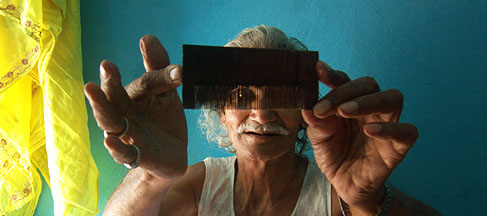
In ancient India, women applied a mixture of Multani mitti (Fuller’s Earth) and Kali Mitti on their hair for nurturing their mane. A wooden comb was always used to massage the hair along with sesame seed oil. This combination, the localites believed could initiate hair growth. Grooming with the wooden comb is also believed to ease labor pains amongst pregnant women. Another enthralling native narrative suggests that women who carried cakes of dry cow dung on their heads over long distances were often troubled by problems of ticks and lice in the hair. The fine bristles of the comb were vital in driving them away.  The wood that is utilized to craft these combs is obtained from trees such as shesham, babool, kadama, ker and ber, which are also reputed for their health benefits. These combs are crafted using tools that the craftsmen make by themselves. On ensuring that their thumbs are protected and fingers are oiled, thecraftsmen use small hacksaws and finer chisels to carve the various fine and coarse teeth. The combs are then finished using files which are essentially choir attached on a wooden base. Eventually, to suit the ergonomics of the human hand, curves are further introduced in the body of the comb. An umpteen number of color variations are available in these wooden combs with finishes ranging from that of exquisite rosewood to normal wood.
The wood that is utilized to craft these combs is obtained from trees such as shesham, babool, kadama, ker and ber, which are also reputed for their health benefits. These combs are crafted using tools that the craftsmen make by themselves. On ensuring that their thumbs are protected and fingers are oiled, thecraftsmen use small hacksaws and finer chisels to carve the various fine and coarse teeth. The combs are then finished using files which are essentially choir attached on a wooden base. Eventually, to suit the ergonomics of the human hand, curves are further introduced in the body of the comb. An umpteen number of color variations are available in these wooden combs with finishes ranging from that of exquisite rosewood to normal wood.  It is interesting to observe that these combs have bristles on the either side of the stem. The thin bristles on one side are used to comb the hair of the head and the thick bristles on the other side are used to comb the beard. This makes the wooden comb an indispensable accessory amongst the local tribe, which mainly includes the Sikh and the Rajput folk from the surrounding areas.
It is interesting to observe that these combs have bristles on the either side of the stem. The thin bristles on one side are used to comb the hair of the head and the thick bristles on the other side are used to comb the beard. This makes the wooden comb an indispensable accessory amongst the local tribe, which mainly includes the Sikh and the Rajput folk from the surrounding areas.  The obsession with grooming of hair isn’t a mere thing of the past. Even to this day, one of the first gifts for a newborn includes hairbrushes with silk soft bristles. Thehairbrushes have transcended from the idea of being a common object of utilitarian virtue to a thoughtful gift for young brides, from a husband to a wife amongst others. But combs aren’t merely the sweet ambassadors from the alluring lands of vanity. There is infarct something sensual, appealing and comforting about having your hair brushed and yet, there’s a sweet innocence to it.
The obsession with grooming of hair isn’t a mere thing of the past. Even to this day, one of the first gifts for a newborn includes hairbrushes with silk soft bristles. Thehairbrushes have transcended from the idea of being a common object of utilitarian virtue to a thoughtful gift for young brides, from a husband to a wife amongst others. But combs aren’t merely the sweet ambassadors from the alluring lands of vanity. There is infarct something sensual, appealing and comforting about having your hair brushed and yet, there’s a sweet innocence to it.  Experience they say is the comb that nature gives to men when they start balding. But when the comb is a wooden one, it truly is an experience in itself. The craft ofKangsi or comb making is indeed facing new questions on survival in the changing contexts, which are marred by fast moving plastic lookalikes. But it can never go unacknowledged for being such a sheer revelation of Indian craft.
Experience they say is the comb that nature gives to men when they start balding. But when the comb is a wooden one, it truly is an experience in itself. The craft ofKangsi or comb making is indeed facing new questions on survival in the changing contexts, which are marred by fast moving plastic lookalikes. But it can never go unacknowledged for being such a sheer revelation of Indian craft.
| Craftsmen | |
| Made by | Shri. Chajan Lal Banjara |
| City | Ujjain, M.P |
| Material | |
| Made of | Sheesham wood |
| Instruction | |
| About Sizes | 5.5" x 4.2" inch |
| Note | As each piece is hand crafted and unique, expect some variation from shown design. |

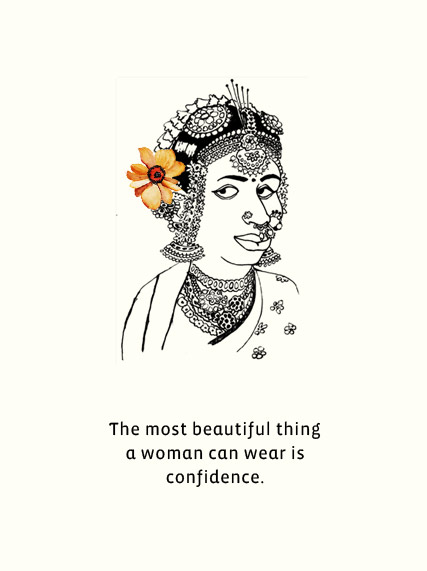

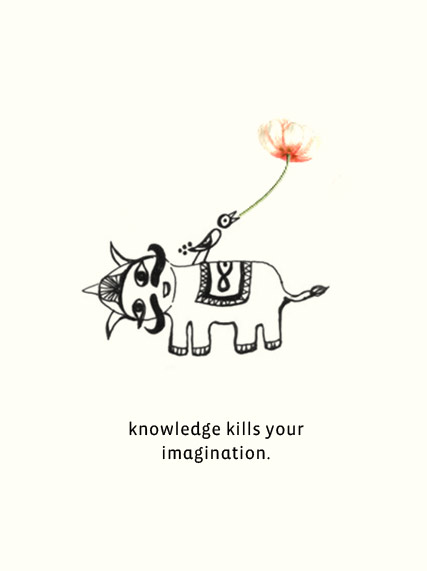

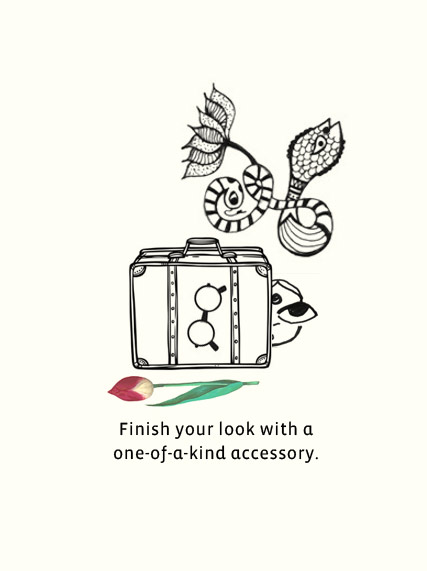
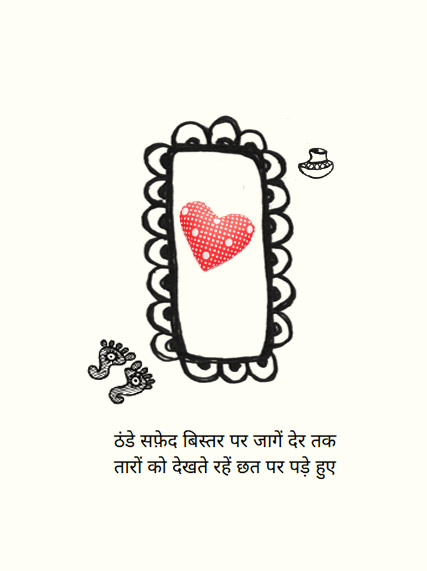

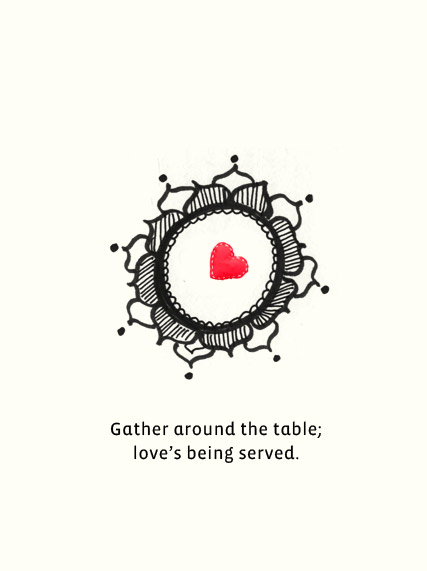

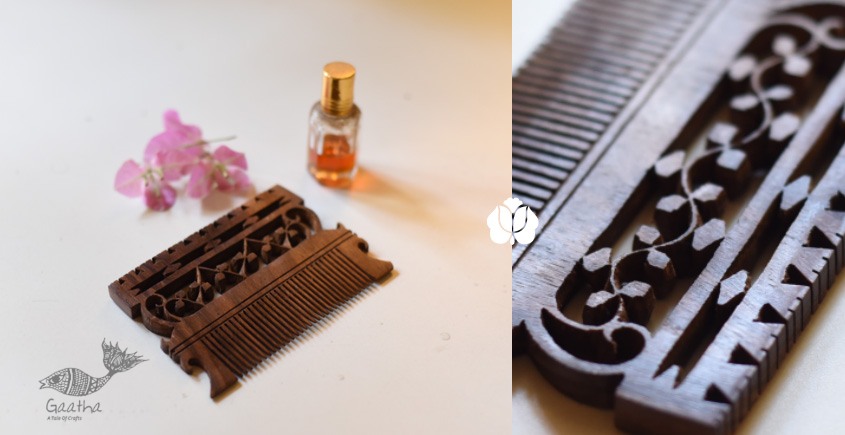
.jpg)
.jpg)
.jpg)

-80x80h.jpg)
-80x80w.jpg)
-80x80w.jpg)
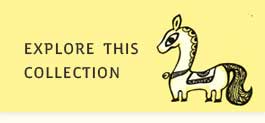
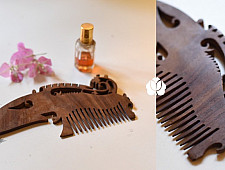
-225x170h.jpg)
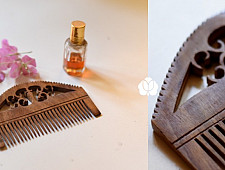
-225x170w.jpg)
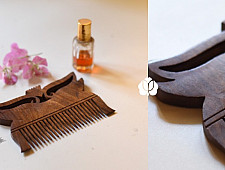
-225x170w.jpg)
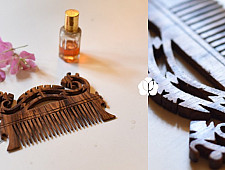
-225x170w.jpg)
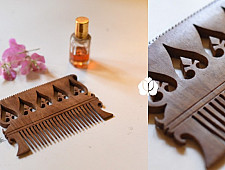
-225x170w.jpg)
-225x150w.jpg)
-225x150w.jpg)
-225x150w.jpg)
-225x150w.jpg)
-225x150w.jpg)
-225x150w.jpg)
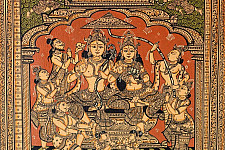
-225x150w.jpg)
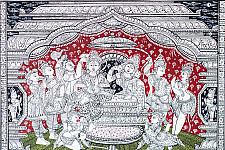
-225x150w.jpg)
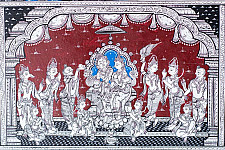
-225x150w.jpg)
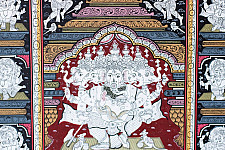
-225x150w.jpg)
-225x150w.jpg)
-225x150w.jpg)
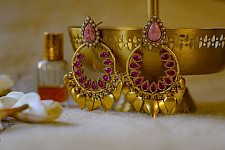
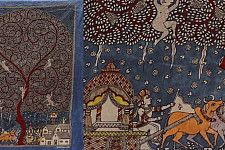
-225x150w.jpg)
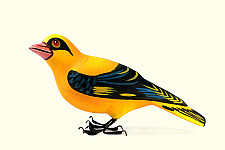
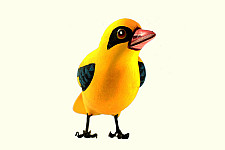
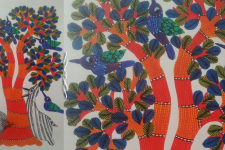
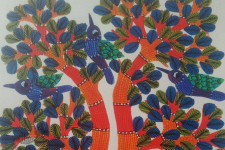
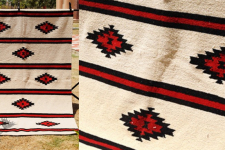
-225x150w.jpg)
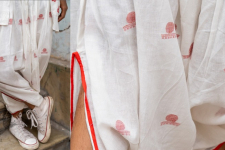
-225x150w.jpg)
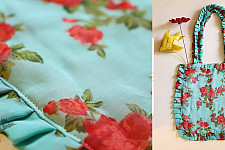
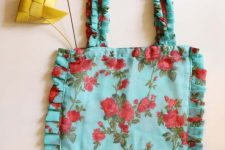
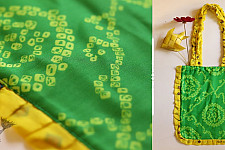
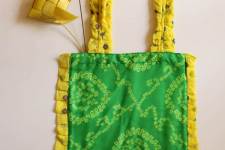
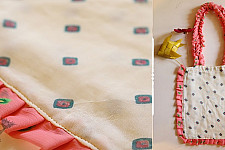
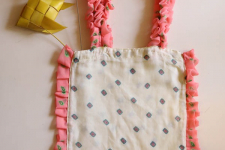
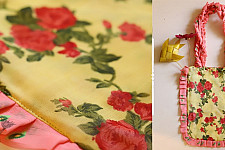
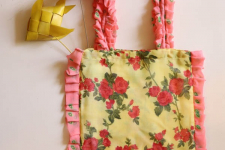
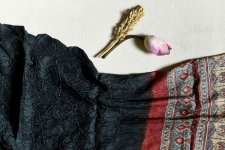
-225x150w.jpg)
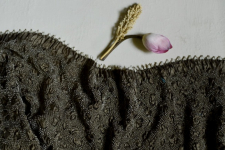
-225x150w.jpg)
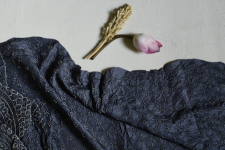
-225x150w.jpg)
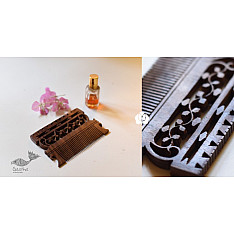
-234x234h.jpg)
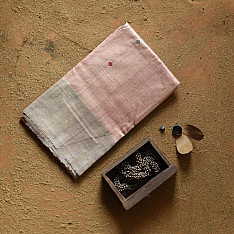
-234x234w.jpg)